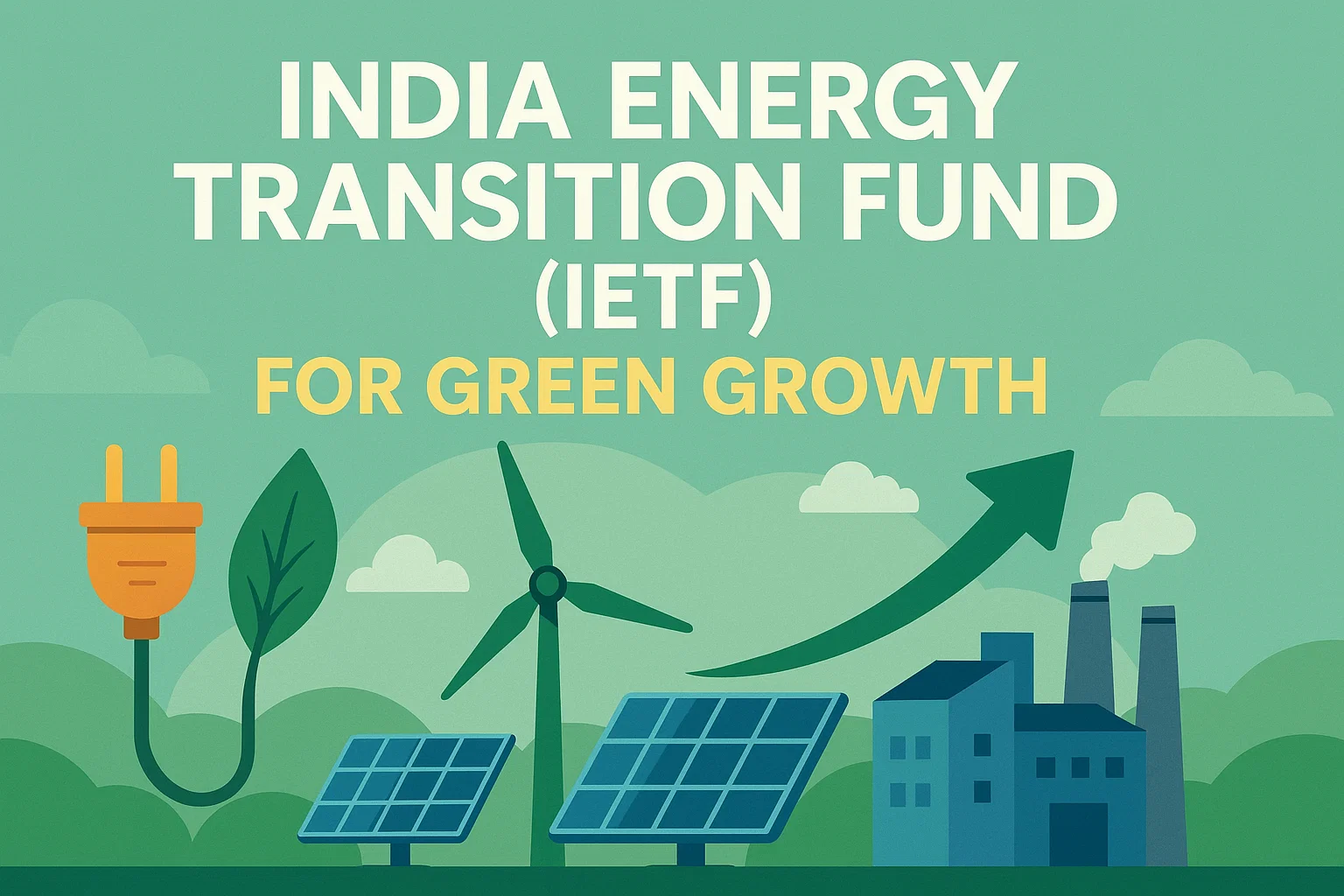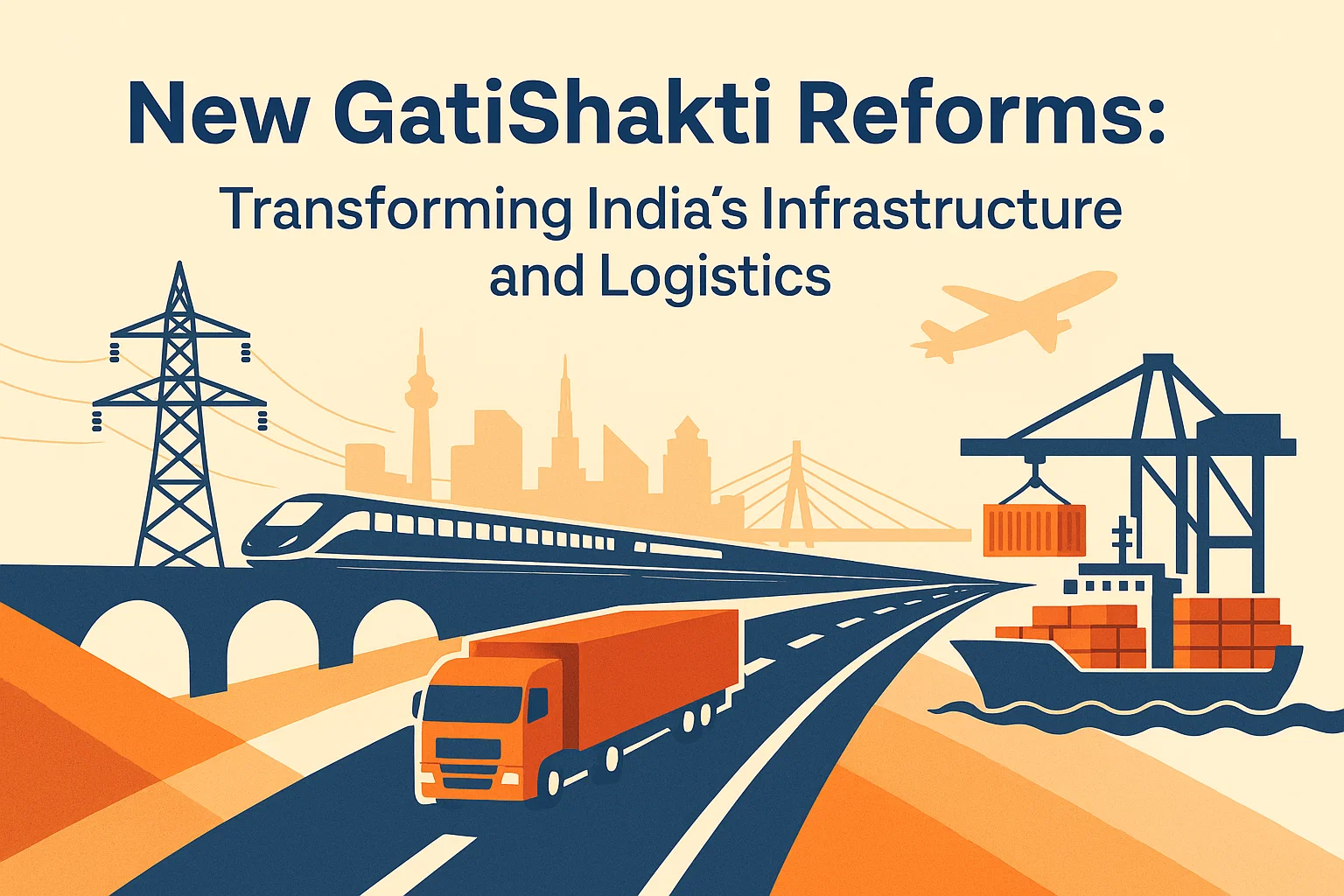Font size:
Print
US withdrawal from WHO
Context:
The United States (US), under President-elect Donald Trump, is expected to formalise its withdrawal from the World Health Organisation (WHO), a move that could have far-reaching consequences for global health.
More on News
- While the US’s role as a global health leader has faced criticism before, this decision signals a significant shift in priorities, compelling the global health community to reassess its strategies, address emerging challenges, and adapt to a transformed landscape.
Allegations of Bias and Accountability
- Bias: In 2020, then-President Trump initiated steps to withdraw from WHO, citing alleged bias in favor of China and the organisation’s failure to hold China accountable for its handling of the COVID-19 outbreak.
- During COVID-19: Critics accused WHO of delaying its declaration of COVID-19 as a Public Health Emergency of International Concern (PHEIC), echoing earlier criticisms of its slow response during the 2013 MERS-CoV outbreak and the 2014 Ebola crisis.
- During the COVID-19 pandemic, concerns over China’s influence on WHO grew as the country delayed sharing critical data and resisted early acknowledgment of human-to-human transmission.
- WHO officials, including Maria van Kerkhove, called for greater transparency, urging China to provide additional pandemic-related samples. However, these requests largely went unanswered, exacerbating the perception of the organisation’s lack of accountability.
- Politicisation of COVID-19 Origins: The U.S. withdrawal coincides with unresolved debates over COVID-19’s origins. While the Republican-led subcommittee suggests a lab leak in Wuhan, Democrats dismiss it as politicised, and intelligence agencies remain divided, deepening uncertainty and geopolitical tensions.
Reassessing U.S. Global Health Leadership
- The Trump administration’s skepticism toward global health efforts is not new.
- Historically, the US has been a dominant force in global health leadership, channeling significant funding to combat infectious diseases and linking its security and economic development to the well-being of the Global South.
- However, the COVID-19 pandemic exposed vulnerabilities in this approach.
- Despite extensive investments, the US was unprepared for the pandemic, facing its largest economic contraction since the Great Depression and recording over 1.2 million COVID-19-related deaths.
- While the Biden administration sought to restore global health leadership by reversing Trump’s 2020 withdrawal from WHO, domestic political polarisation and global geopolitics limited the effectiveness of these efforts.
- Vaccine nationalism, inequities in global vaccine distribution through initiatives like COVAX, and the rise of vaccine diplomacy by Russia and China further undermined U.S. leadership in global health.
The Impact of a U.S. Withdrawal
- Funding Cuts: As one of WHO’s largest contributors, providing nearly $1.28 billion in funding for 2022–2023, the U.S. exit would disrupt global health programs, reduce technical expertise, and weaken international health surveillance and response capabilities.
- Programs under the US Agency for International Development (USAID), the National Institutes of Health (NIH), and initiatives addressing HIV/AIDS, malaria, and tuberculosis could face severe funding cuts.
- Depriopritisation: Additionally, key efforts like the United Nations Population Fund (UNFPA), the President’s Emergency Plan for AIDS Relief (PEPFAR), and Cancer Moonshot are likely to be deprioritised.
- Reproductive Health Programs: The reimposition of a “global gag rule,” restricting funding for organisations providing abortion-related services, could further impact global reproductive health programs.
- U.S. Health Policy: However, the withdrawal may also signal a recalibration of U.S. global health policy.
- Initiatives like Operation Warp Speed demonstrated the potential of American biotechnology and pharmaceutical industries to respond swiftly to novel threats.
- Going forward, U.S. investments in health innovation may be driven by intellectual property rights, geopolitical competition, and biosecurity considerations rather than direct engagement in global health systems.
The Role of the Global South
- Addressing Power Vacuum: With the U.S. realigning its global health priorities, the Global South must prepare to address the resulting power vacuum.
- Expanding China’s Influence: A reduction in U.S. funding may create opportunities for China to expand its influence through initiatives like the Health Silk Road.
- Europe’s Role: While Europe could also step in, resource constraints—exacerbated by conflicts in Ukraine and West Asia—may limit its capacity to fill the gap.
- Reforming WHO: This shift presents a critical moment for the Global South to advocate for reforms within WHO, including increased transparency, accountability, and equity.
- The contentious negotiations over the Pandemic Treaty and mechanisms like the Pathogen Access Benefit Sharing (PABS) system highlight the need for alternative solutions that prioritise fairness and inclusivity.
- BRICS: Countries like India, alongside BRICS nations, can take a leading role in reshaping global health governance.
- By promoting localisation and channeling foreign aid through local organisations, these nations can address health challenges from the ground up.
- Building Resilience: Additionally, incorporating biosecurity into national security frameworks and combating misinformation can help build resilience against future health crises.
Rethinking Global Health
- The U.S. appears determined to redefine the role of global health in its foreign policy.
- Domestic politics, COVID-19, and geopolitical tensions have overshadowed the benefits of deeper engagement in global health.
- While a complete withdrawal from global health efforts may not be prudent, this shift underscores the urgent need for the Global South to reevaluate the global health landscape.
- This moment presents an opportunity for reform, innovation, and collaboration, ensuring that the global health agenda addresses the needs of all nations, especially those most vulnerable.
The path forward requires bold leadership, strategic planning, and a commitment to building a more equitable and effective global health system.


